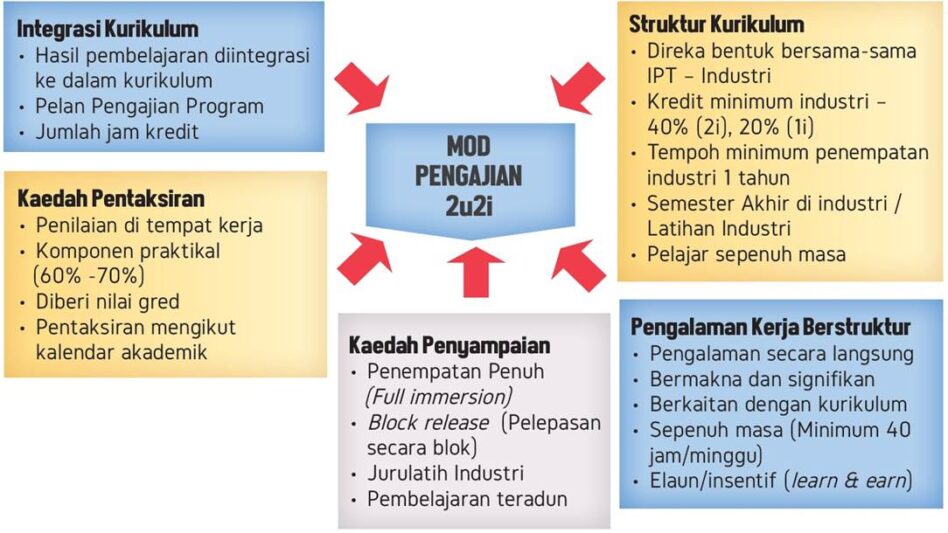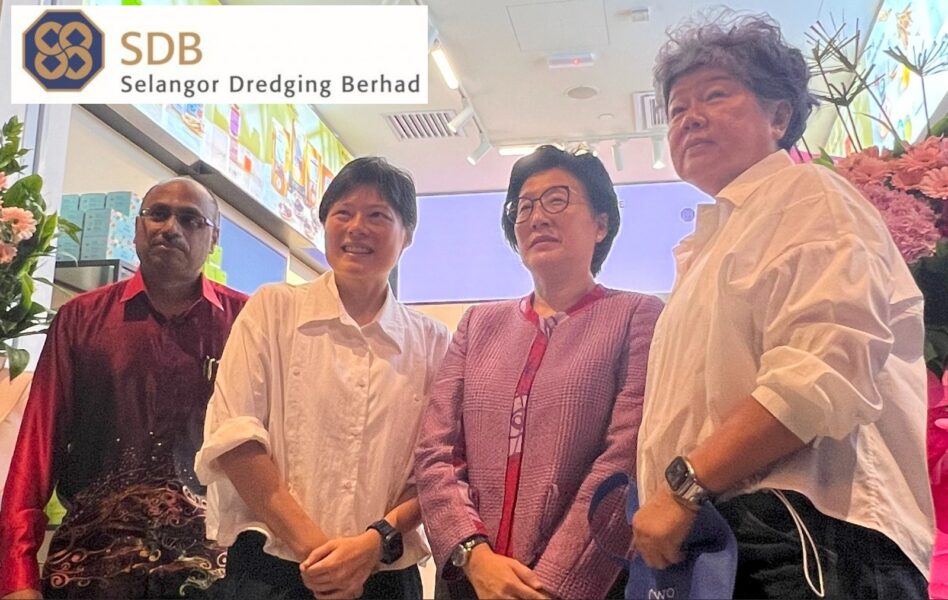OTHER than those pursuing licensed professions, most of the other students are not focused on specific careers and go through the motions of learning just to be awarded diplomas or degrees, only to discover later they have little value in the private sector where only performance counts.
Until we had a recession in 1985‒86, university graduates were well regarded, including those from local universities, as they were of much higher quality.
The decade between 1988 and 1997 were the best years for businesses and employees in Malaysia, especially in the private sector.
Many received high increments and bonuses, or obtained much higher salaries by changing employers.
But the 1997 Asian financial crisis took a heavy toll from 1998 onwards, and was so bad that many wished to be in government service that provides job security and pension.
As local universities kept lowering standards to churn out larger numbers of graduates to meet their key performance indicators (KPIs) based on quantity, a huge number of jobs were created by government agencies to absorb them and reduce the number of unemployed graduates.
This resulted in Malaysia having the most bloated civil service in the world, with 1.6 million by 2016, or one civil servant for every 19 citizens, compared to 71 in Singapore, 84 in Russia, 108 in China, 110 in Indonesia and 118 in the United Kingdom.

In 1988, Malaysia’s National Education Philosophy (NEP) was established and adopted in 1989.
The aim was to produce citizens who are balanced in their intellectual, spiritual, emotional and physical development, and contribute to greater harmony of the family, society and nation.
Over the years, many local professors have reiterated that the primary role of our universities is to prepare students for the long future ahead by facilitating them to develop holistically and their potentials fully, not training them to perform specific jobs or catering to demands of the industry.
Those who wish to acquire the knowledge and skills needed to perform well in specific jobs could enrol in one of the many Technical and Vocational Education Training (TVET) courses offered by numerous public and private institutes, colleges and polytechnics spread across the country.
So, what is the main aim of students pursuing general programmes in our universities?
Is it to develop themselves fully as defined under NEP or to be job ready upon graduation? Sadly, the results mostly showed that it was neither the former nor the latter.
To bridge the gap between academia and industry, the Higher Education Ministry implemented the Two University Two Industry (2u2i) programme in 2016, with Universiti Putra Malaysia (UPM) and Universiti Malaysia Kelantan (UMK) as the pioneers.
The work-based learning (WBL) approach is used in 2u2i. It is a combination of on-campus and off-campus learning where students spend two years at the university and two years in an industry placement to expose them in real-world scenarios and not limited to academic theories.
But it would be a huge challenge to introduce this concept to a popular university programme that needed it most— “Tourism Management”. While “Hotel Management” includes providing accommodation, food and beverage plus holding functions, what is tourism management?

First, tourism cannot be managed by any individual or organisation, not even the United Nations World Tourism Organisation (UNWTO). Just like one must choose which of the 25 different types of engineering to study, tourism is wide and covering all areas will be too thin.
Tourism students may be told they could later choose and venture into any field they like. But being jack of all trades and master of none, they would discover that their basic knowledge and skills will not help them to secure jobs they desire or perform well at work.
To succeed in any career or business, one must specialise. To be empowered, one must have strong communication skills, including English, to write, speak, read, and understand clearly.
To forge ahead, one must be able to think and interpret situations and circumstances accurately,
All these are missing with most of our graduates. Recently, Malaysian Employers Federation (MEF) president Datuk Hussain Syed Husman said many graduates emerged with academic credentials that do not sufficiently prepare them for the practical demands of today’s job market.
Commenting, Parent Action Group for Education (Page) chairman Datin Noor Azimah Abdul Rahim cited a lack of practical training, poor English, and weak early education as key factors behind the skills mismatch.
As such, the 2u2i concept should not be limited to undergraduates but also to lecturers. If that were to happen, then tourism management programmes will undergo a revolution.
But this wouldn’t happen. Just like the students, these lecturers would be at a loss to decide on a particular job. – June 4, 2025
YS Chan is master trainer for Mesra Malaysia and Travel and Tours Enhancement Course and an Asean Tourism Master Trainer. He is also a tourism and transport business consultant.
The views expressed are solely of the author and do not necessarily reflect those of Focus Malaysia.
Main image: Shutterstock









